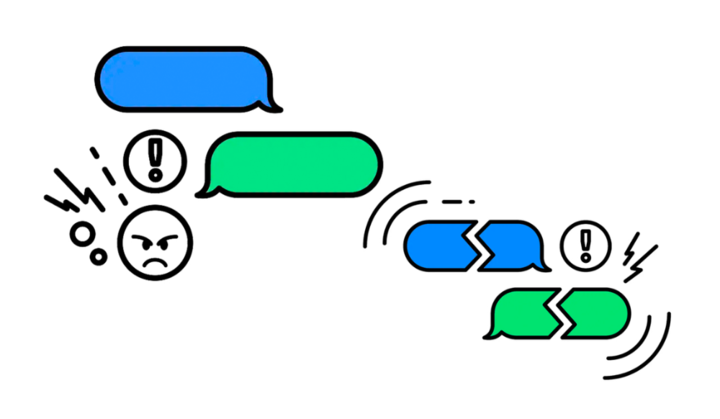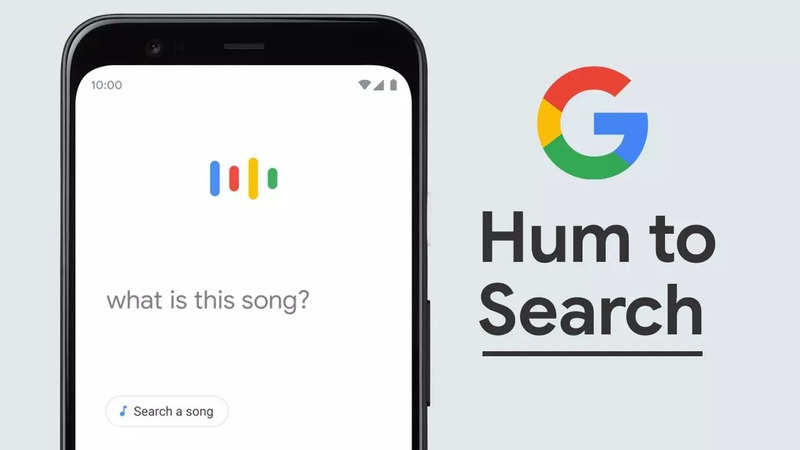
Apple blocked it once, and it seems to be doing it again. Over the last weekend, Apple shut down Beeper Mini, an “iMessage for Android” app, after its developer 'reverse engineered' the iMessage feature to send messages from Android smartphones in blue bubbles. The app was back but some users are again unable to send messages.
The app from the startup Beeper could have put iPhone users at risk of privacy and security woes after a flaw was exploited.
"Apple appears to be deliberately blocking iMessages from being delivered to ~5% of Beeper Mini users. Uninstalling and reinstalling Beeper Mini fixes the issue," Beeper said in a post on X.
"We won't have a fix tonight, but we're working on it," it added.
Apple blocks Beeper Mini
Soon after the app started to gain traction with over 100,000 downloads within the first 48 hours and quickly rose to become one of the top 20 apps in the Play Store charts, Apple struck Beeper Mini down within a week after it went live on the Play Store.
Apple said that the app exploited the fake credentials to access the iMessage, causing the users to be unable to send or receive texts through the app.
“We deeply object to the allegation that Beeper Mini' poses significant risks to user security and privacy',” the startup said.
The app got backing from US Senator Elizabeth Warren from Massachusetts after reports said that Apple blocked the app.
"Green bubble texts are less secure. So why would Apple block an app allowing Android users to chat with iPhone users? Big Tech is squashing competitors to protect profits," Warren said, calling for easy and secure cross-platform messaging.
Apple to adopt RCS
The development came soon after Apple agreed to adopt the Rich Communication Standard, or RCS, for iMessage. This means that there might not be a need for a different app to send messages to iPhones with the same features and security protocols. Apple said in a statement that it “will continue to make updates in the future to safeguard our users.”
FacebookTwitterLinkedin
end of article

 4 months ago
121
4 months ago
121



